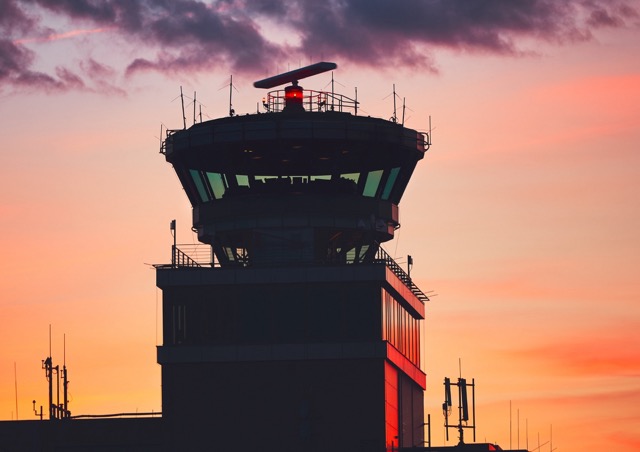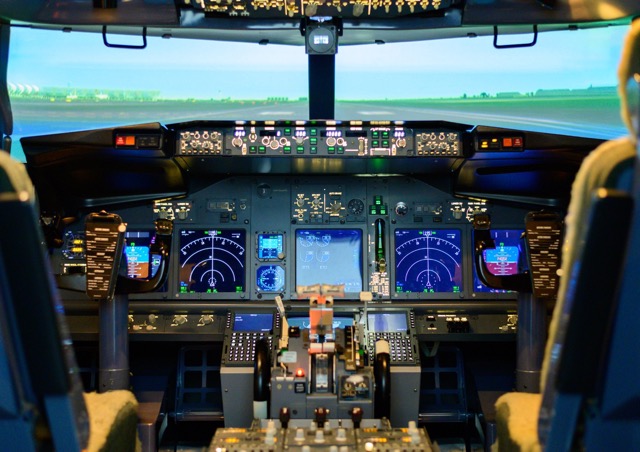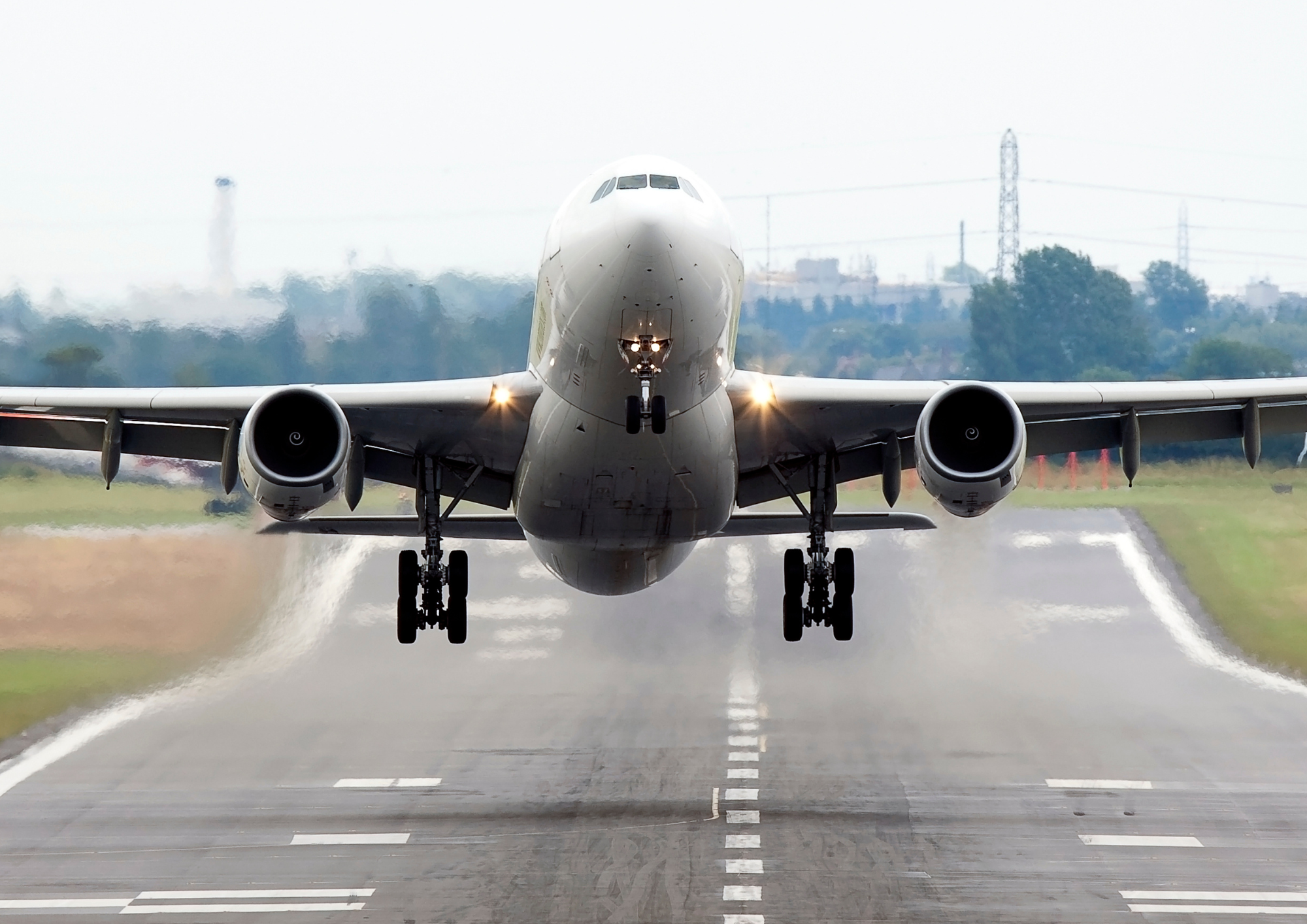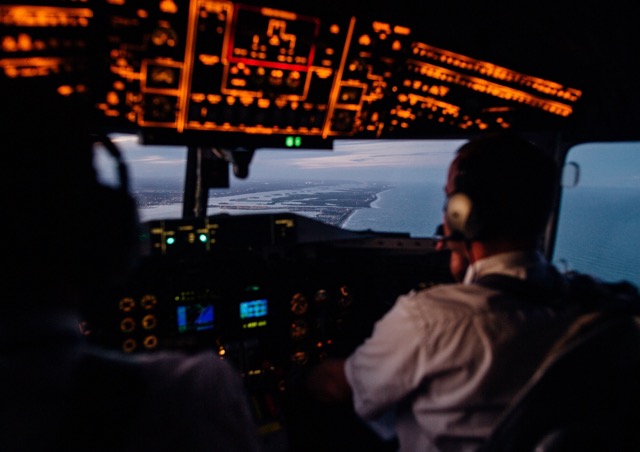Business aviation has experienced significant changes over the past decade, with fleet operations emerging as a key driver of industry growth. Recent data shows that business aviation flights increased by 40% between 2020 and 2023, marking a substantial shift in how companies approach their air travel needs. The transformation of fleet operations continues to reshape how organizations fly business aviation services.
These changes span multiple aspects of the industry, from the rise of fractional ownership to the adoption of advanced fleet management technologies. Charter flights have become more accessible, while traditional corporate flight departments adapt to new business planning models. Modern fleet operators now offer flexible solutions that address evolving market demands through shifting services and improved operational efficiency.
The Rise of Fractional Ownership in Business Aviation
Fractional ownership has revolutionized the business aviation landscape, experiencing remarkable growth from just three owners to 4,900 in a 15-year period. This transformation gained particular momentum between 1999 and 2001, with an extraordinary 88% surge in ownership participation.
The appeal of fractional ownership lies in its innovative cost-sharing structure. Participants purchase shares—typically in multiples of 1/16th—which provide a specific number of annual flight hours. This model offers several key advantages:
- Guaranteed aircraft availability with as little as twelve hours’ notice
- Access to an entire fleet of similar aircraft
- Professional management of maintenance and operations
- Elimination of one-way flight fees
The industry’s robust growth is reflected in its fleet composition, with fractional providers maintaining an impressively young average aircraft age of 2.5 years. This commitment to modern aircraft ensures optimal performance and reliability for share owners. The market’s resilience is evident in recent statistics, showing that despite losing 250 owners in a single year, the industry gained 750 new participants, resulting in a net increase of 500 owners.
The model has proven particularly attractive in the post-pandemic environment, where private travel has become increasingly desirable for safety and security reasons. Modern technological advancements have further enhanced the ownership experience, making scheduling and management more efficient through improved digital platforms.


Shift from Corporate Flight Departments to Fleet Operators
The traditional corporate flight department model is undergoing a significant transformation as companies increasingly turn to professional fleet operators. According to industry data, there were approximately 13,000 corporate flight departments operating over 17,000 business jets and turboprops in the United States. However, the landscape is shifting as organizations recognize the benefits of outsourcing their aviation operations.
Professional fleet operators offer compelling advantages that are reshaping how companies fly business aviation:
- Reduced operational costs through economies of scale
- Enhanced operational efficiency and risk management
- Access to professional flight planning and support services
- Streamlined maintenance and crew management
- Improved regulatory compliance

This transition is driven by the growing complexity of flight logistics and the need for cost-effective solutions. Studies show that outsourcing flight operations can lead to significant cost savings, with some operators achieving up to 20% reduction in maintenance expenses. The shift is particularly notable as technology integration becomes crucial for fleet efficiency.
Modern fleet operators leverage advanced management systems that provide real-time tracking, automated reporting, and enhanced safety protocols. These systems have demonstrated improved fuel efficiency and reduced maintenance costs while optimizing routing and scheduling. The evolution from in-house departments to professional fleet operators reflects a broader industry trend toward specialized expertise and operational excellence in business aviation.

Technology Driving Fleet Efficiency and Sustainability
Technological innovation is revolutionizing fleet management in business aviation, with advanced analytics and predictive maintenance leading the transformation. Airlines implementing predictive maintenance strategies have achieved remarkable results, with maintenance costs dropping by 10-15% and aircraft availability improving by up to 35%.
The industry’s commitment to sustainability is evident through multiple technological initiatives:
- Advanced flight planning systems for optimal routing
- Real-time data analytics for performance optimization
- Predictive maintenance powered by AI and Big Data
- Implementation of sustainable aviation fuels (SAF)
Modern aircraft designs incorporating innovative features have demonstrated significant environmental benefits. These improvements can reduce carbon emissions by up to 66% within two decades, while decreasing overall fuel consumption by approximately 37%. The integration of advanced flight planning technology has enabled operators to optimize routes based on real-time weather conditions and operational constraints, leading to substantial fuel savings.
Sustainable Aviation Fuel (SAF) has emerged as a game-changing solution, with the potential to reduce greenhouse gas emissions by up to 94% compared to conventional jet fuel. The industry has made significant progress in SAF adoption, with over 360,000 commercial flights utilizing SAF at 46 different airports across the United States and Europe.
Fleet operators are increasingly leveraging sophisticated fuel management systems to track and analyze consumption patterns in real-time. This data-driven approach, combined with advanced navigation systems and weather analysis, allows operators to identify and implement the most fuel-efficient routes for each flight.

The Growing Importance of On-Demand Charter Services
On-demand charter services have emerged as a cornerstone of modern business aviation, revolutionizing access to private air travel. The sector has expanded significantly, with over 150,000 users and 60,000 flights across major European markets alone. This growth reflects a fundamental shift in how executives, families, and entertainers approach private aviation.
The market’s evolution is driven by unprecedented flexibility and accessibility. Modern charter services provide access to more than 2,400 safety-vetted jets worldwide, with some operators offering deployment in as little as 30 minutes. This extensive network enables operators to create competitive “micro markets” for each charter trip, optimizing costs and efficiency.
Key benefits driving the sector’s growth include:
- Reduced pre-flight time with 30-minute arrival windows
- Customizable in-flight experiences and catering options
- Access to exclusive and remote destinations
- Enhanced privacy and security protocols



The pandemic has accelerated this transformation, with 92% of private jet executives expressing optimism about the sector’s growth. This shift is particularly notable in the business segment, where executives benefit from enhanced productivity and time efficiency. The model has also democratized private aviation, with shared charter services offering transcontinental flights for approximately $5,000 or less, making premium air travel accessible to a broader market segment.
Technological integration has further enhanced the sector’s appeal, with modern booking platforms enabling instant quotes and simplified reservation processes. This digital transformation, combined with the sector’s inherent flexibility, positions on-demand charter services as a crucial component in the evolution of business aviation.
Conclusion
Business aviation’s transformation through fleet operations marks a defining shift in private air travel. Modern solutions, from fractional ownership programs to professional fleet management services, have made private aviation more accessible and cost-effective. These changes have produced measurable results, with significant growth in ownership participation, reduced operational costs, and enhanced service flexibility across the industry.
Advanced technology continues to shape the future of fleet operations, driving both efficiency and environmental responsibility. Data-driven management systems, predictive maintenance, and sustainable aviation fuels demonstrate the industry’s commitment to innovation and environmental stewardship. These developments, combined with the rise of on-demand charter services, position business aviation for continued growth while meeting evolving market demands for flexible, sustainable air travel solutions.




